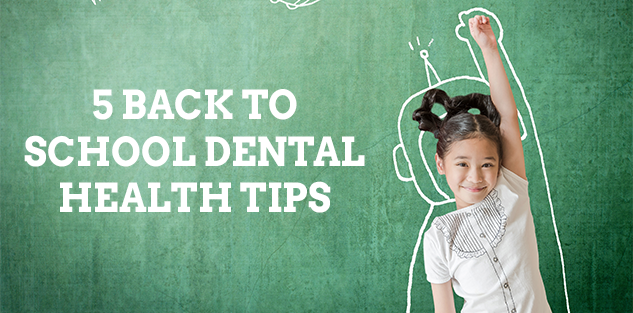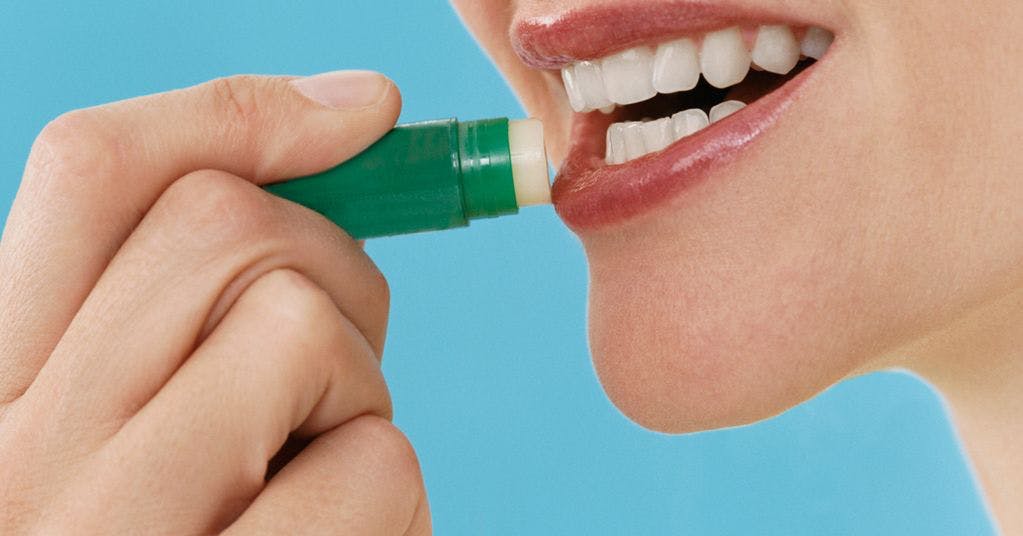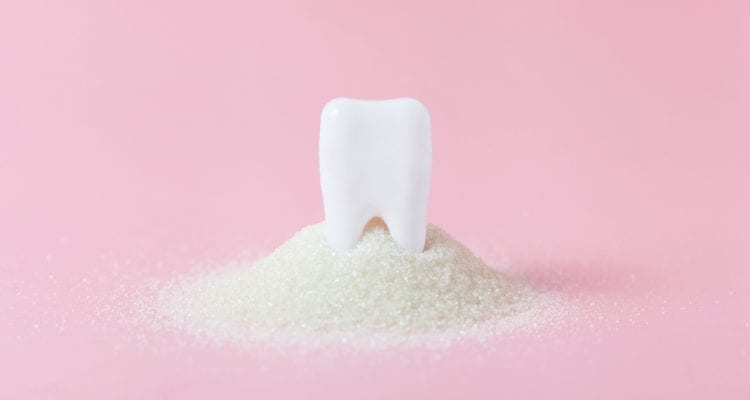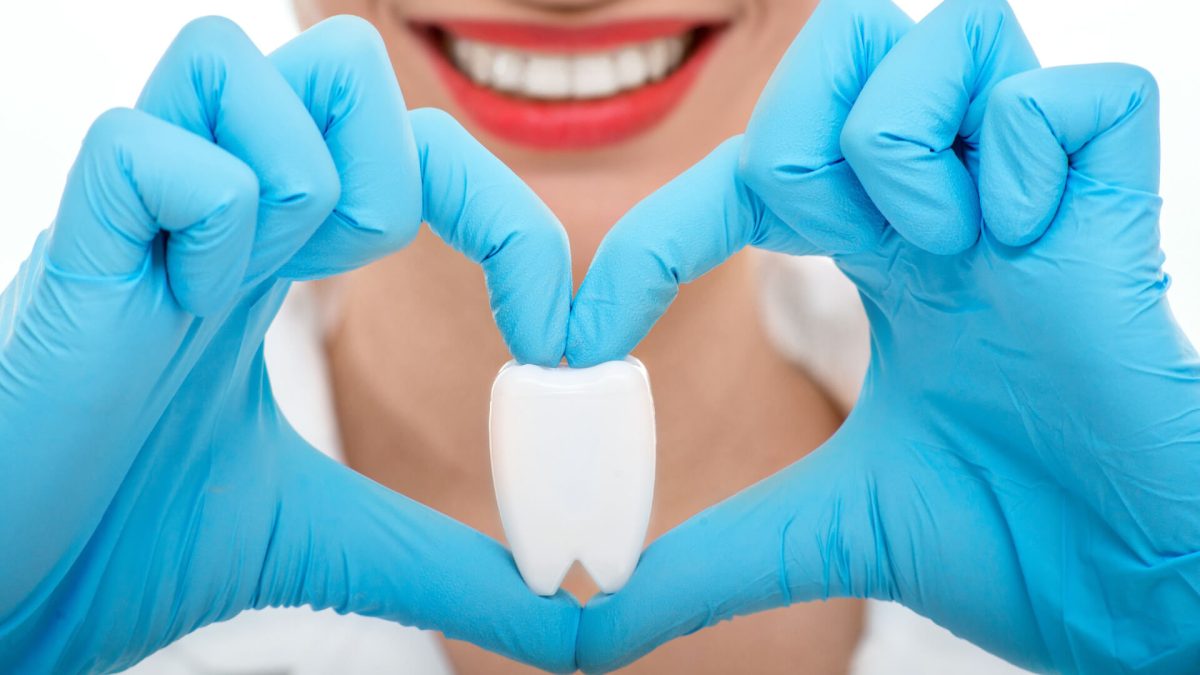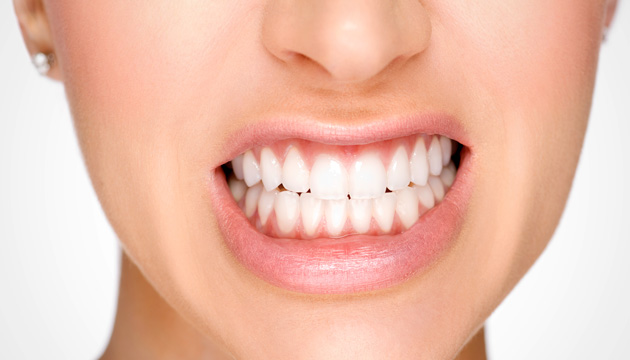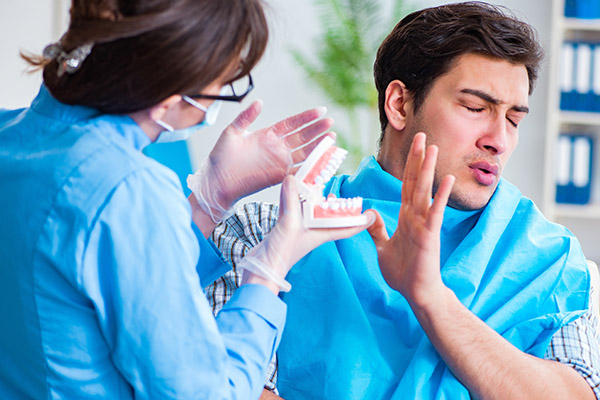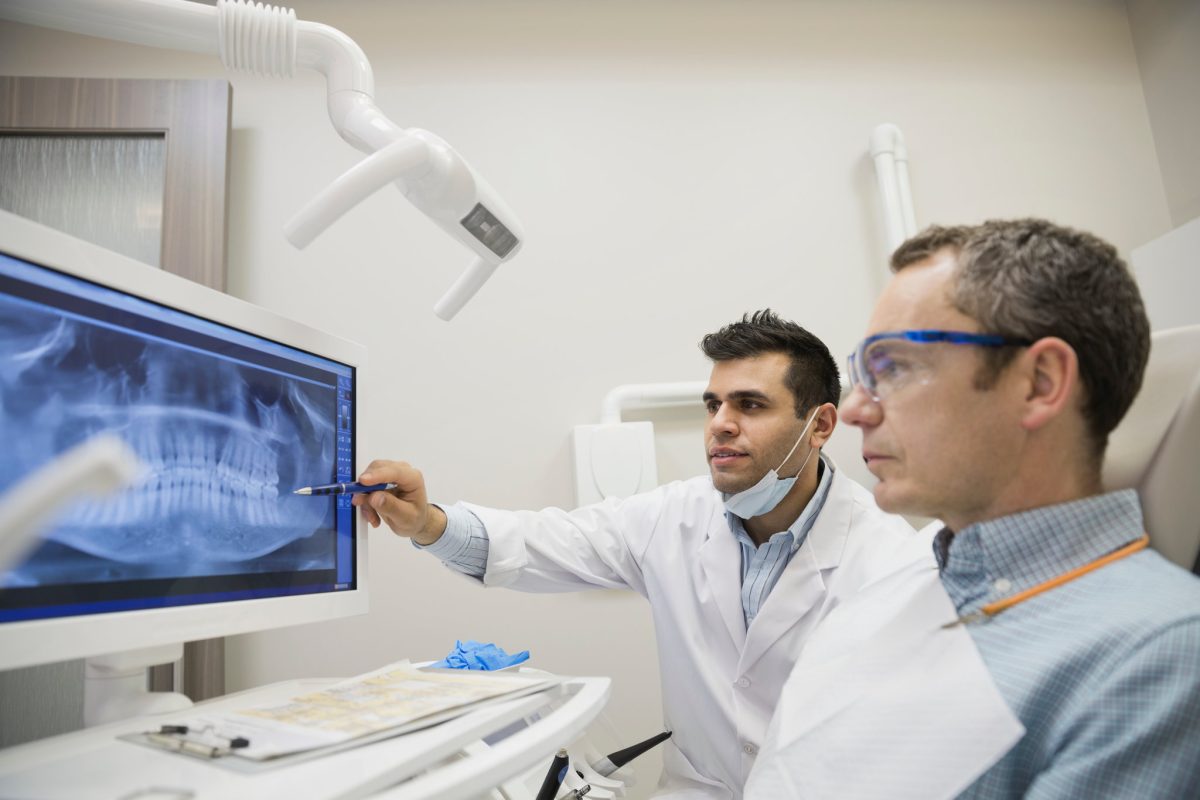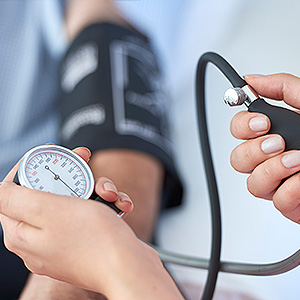It’s time for kids to go back to school, so it’s a great time to brush up on oral hygiene tips for keeping your kids’ teeth healthy.
According to the American Academy of Pediatric Dentistry, more than 50 percent of children will be affected by tooth decay before age 5. In addition, a report from the Office of the Surgeon General notes that more than 51 million school hours are lost each year to dental-related conditions. You can help your child stay healthy by following these oral hygiene tips and starting the school year off right!

